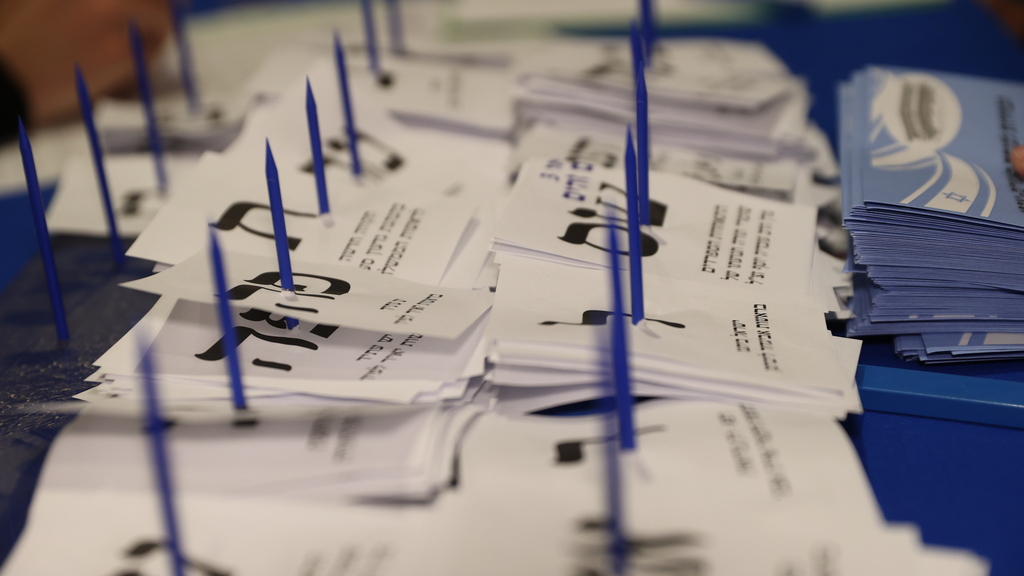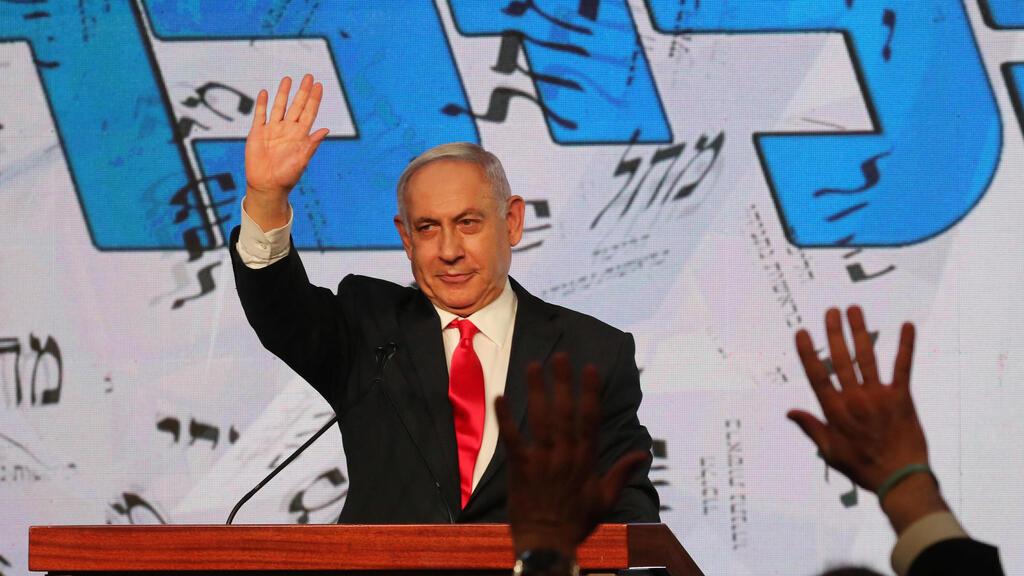Getting your Trinity Audio player ready...
Israel’s fourth elections in two years ended in pretty much the same way as the previous three. With another stalemate that not only seemingly heralds the coming of yet another election round, but also further tarnishes the name of the only true democracy in the Middle East.
Nevertheless, not all is doom and gloom because if we can make one conclusion from the March 23 national vote is that the rules of the game have changed. It is no longer Left vs. Right or Prime Minister Benjamin Netanyahu and his allies versus his staunch opponents
To Israel's political landscape joined two key players who were once part of Netanyahu's right-wing bloc. But this time around they are here to challenge him. Naftali Bennett's Yamina and Gideon Saar's New Hope parties — each holding a substantial number of seats.
Right now, the size and strength of each bloc are of little importance. The winner of Israel’s latest elections will be the one who manages to cobble together the most parties and form a government - no matter which kind.
Currently, there are two apparent victors following last week's elections. One is Netanyahu and his right-wing bloc, the other is Yesh Atid leader Yair Lapid and his center-left-wing bloc.
Netanyahu, however, at the moment is unable to form a right-wing government because he and his allies lack the needed 61 seats to form a coalition, even though the prime minister's Likud party has emerged as the biggest faction in the Knesset with 30 seats.
Lapid, meanwhile, who is working to form a government backed by the predominantly Arab Joint List and Ra'am, also seems to lack the seats needed, since both Bennett and Saar oppose the prospect of forming a government supported by the Arab parties.
As a result, the smaller parties have been elevated to unlikely kingmakers. Bennett with his seven seats, Saar with his six and Mansour Abbas' Ra'am with four. Together, these parties now hold the power to bestow the coveted mandate to form a government.
Love it or hate it, this is the current parliamentary democracy of Israel. As warranted as it may be to criticize the system’s many faults, it will do little to aid us in getting out of our longstanding political deadlock.
The key to our next government lies with a leader of a small-to-medium party, who will be able to somewhat unify around him Israel’s political spectrum - from the left-wing Meretz to the right-wing Yamina.
We may end up with yet another interim government, a minority government, a unity government, or another Netanyahu government supported by ultra-Orthodox parties.
All of the aforementioned options are far from flawless. But right now, all that matters is that we have a government that can give the public a breather from the unending race to the polls and this contagious election pandemic.





